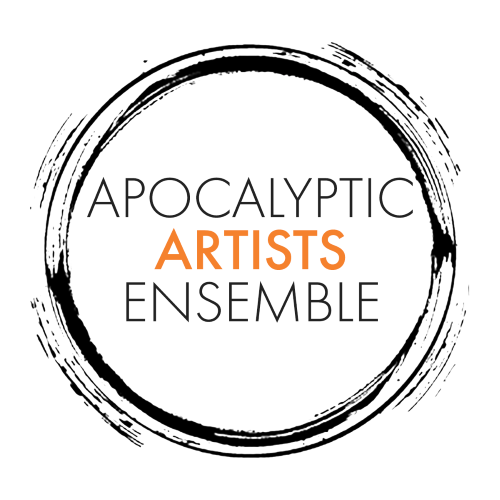Revisiting A MIDSUMMER NIGHT’S DREAM by Director Kea Trevett
What drew you to A Midsummer Night’s Dream as Apocalyptic's 2025 school tour?
A Midsummer Night’s Dream begins in a discordant social world, on the eve of an uneasy political marriage. When one woman defies a law that prevents her from marrying the person she loves, four young Athenians flee from court in pursuit of their hearts’ desire, and spend a tumultuous night in the woods, subject to the meddling of the mischievous court of the fairies.
The next morning, the runaways wake up together on the edge of the forest, and the conflicts between them have dissolved. The power of their shared experience—what they name a dream— has set them on their true path. But was it a dream? Were the fairies real? The play doesn’t provide an answer.
While our digital age offers a destabilizing cultural understanding of “multiple truths” in this moment of heightened political discord and uncertainty, Midsummer embraces that multiple truths exist, and finds harmony in the seeming contradiction through an act of collective imagination.
In the face of an increasingly individualistic, antagonistic online world, this is an idea I want to share with our young audiences. It’s what theater can do. It draws us together, it calls on us to use our imagination, it seeks our empathy and humanity, and the story comes into existence through our collective action. It’s an act of faith, an act of community, an act of creation, and an act of love.
Why take the show into schools as opposed to inviting them to a theater venue?
The founding members of Apocalyptic trained together in graduate school where we learned to make theater with very few resources outside of our own imaginations. Knowing how to make something from nothing is essential to the way we work, and this philosophy is built into the workshops we teach in the classroom: great theater does not require a million dollar set.
In most cases, students will have participated in workshops led by an artist associated with our production and staged their own scene work from A Midsummer Night’s Dream in their classroom before they see our show. By bringing our touring production to schools, directly into the students’ community, performed by artists the students have connected with, our aim is to further subvert the false narrative that art only belongs in institutions elsewhere.
When and where does your production take place?
All of our shows take place in the here and now. Apocalyptic productions are not historical recreations, and neither are Shakespeare's plays. Our audience might use their imagination to see “Athens,” or “a forest,” but as far as the production is concerned, these events are taking place in real time on the exact day they are being performed, and the costumes and props will support this, with help from our wonderful designer, Dina El-Aziz.
What was your first experience with Shakespeare, and how does that inform your vision for this project?
I am an alumnus of NYC public schools, I was a painfully shy teenager, and in 6th grade when all I wanted to do was melt into the walls, I was cast (to my horror) as Titania, Queen of the Faeries, in my mandatory 7th period drama class’s production of A Midsummer Night's Dream. (Coincidence, I swear!) That semester, I worked hard on my lines with my parents, I made new friends while rehearsing my scenes, and I made my own costume. I don’t remember the performance in any detail, but I do remember my teacher. I didn’t immediately join the drama club after the show, I wanted to be a fashion designer for most of high school and I didn’t study theater in college. Having a performing arts class in my first year of middle school gave me different, more essential gifts: confidence, a sense of community and belonging, and the permission to rehearse and imagine a different version of myself: someone who speaks loudly, someone powerful.
What do you hope young audiences will gain from this experience?
I hope they leave the experience feeling like artists, and that they go outside and make some more stuff together.
What do you hope adult audiences will gain from this experience?
Same answer!



